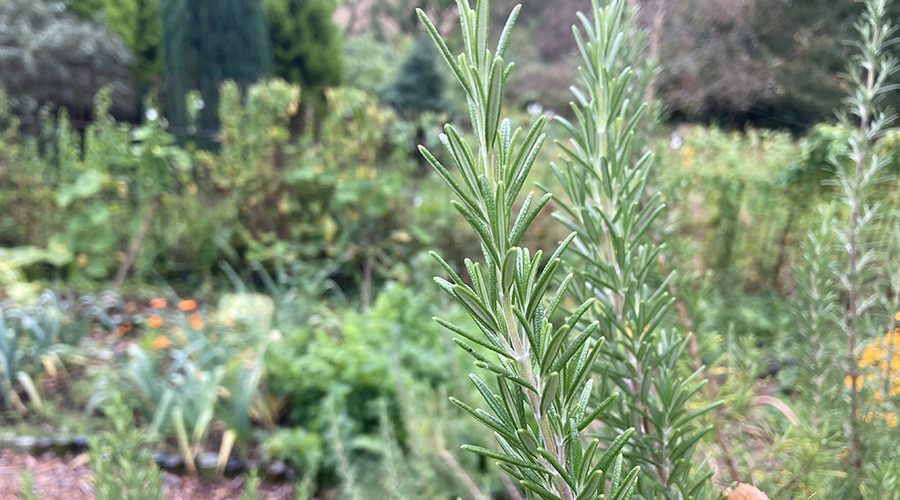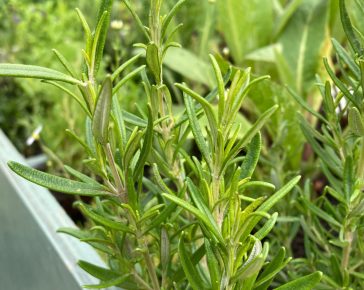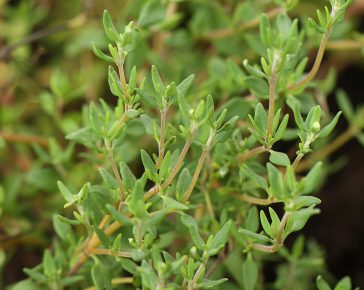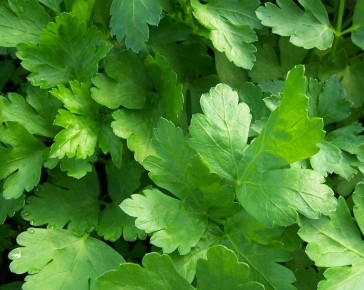Whether you’re looking to get some new herbs planted up, or dealing with an established herb garden, here are some ideas for winter growing.
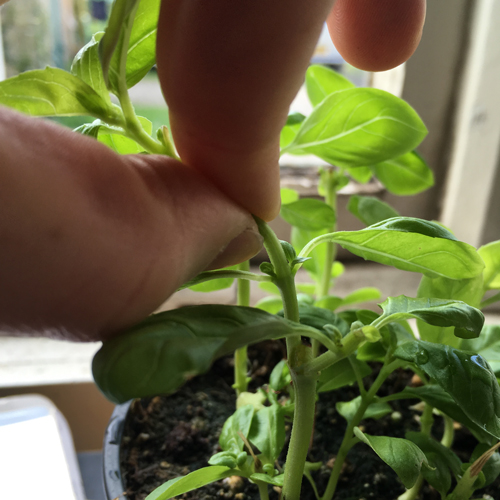
Grow your favourites on a windowsill
A few pots of your favourite herbs grown on the kitchen windowsill over winter is a great way to keep yourself in good supply. Plus, when spring comes, you can plant out any that are still going. The plants will benefit from the warmth and shelter, and with the natural light from the window they should do well, especially on a south facing windowsill.
Try a window box, or small pots. Coriander, parsley and dill are really good options, and you could easily grow marjoram, oregano, thyme and chives to then plant out in spring.
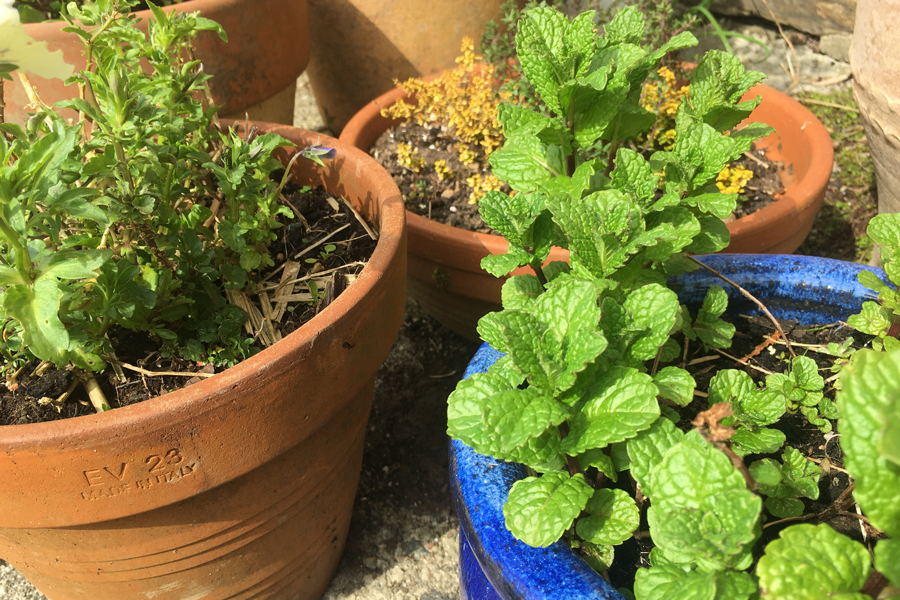
Move pots to sheltered spots
If you’re growing herbs in pots outside, or getting ready to plant in pots, then think carefully about where you can position the pots over the winter – a sheltered spot that is not too windy (up against a wall is often a good choice) and raised up on stones, pallets or gravel for good drainage will really help.
You could also think about moving pots into a greenhouse or a conservatory/porch on trays – this way they would be kept nice and warm, enjoy plenty of daylight, and you wouldn’t need to worry about waterlogging (although you will need to give them a bit of water from time to time instead)
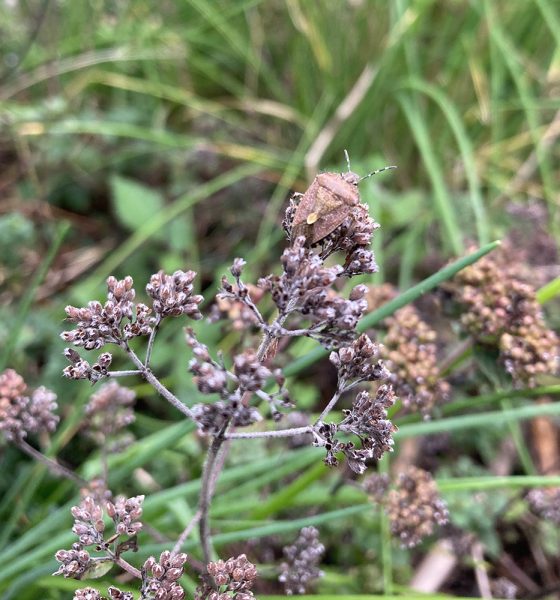
Prune established plants
October is a good time of year to do some light pruning of your herb garden.
Cut back oregano and marjoram that have flowered (and may already be going to seed) – you’ll see the new growth, so just cut the woody stalks back to the new growth.
Once mint has flowered, cut it back – again, there may be some new growth coming through.
Trim lavender plants by pruning off about a third of the foliage.
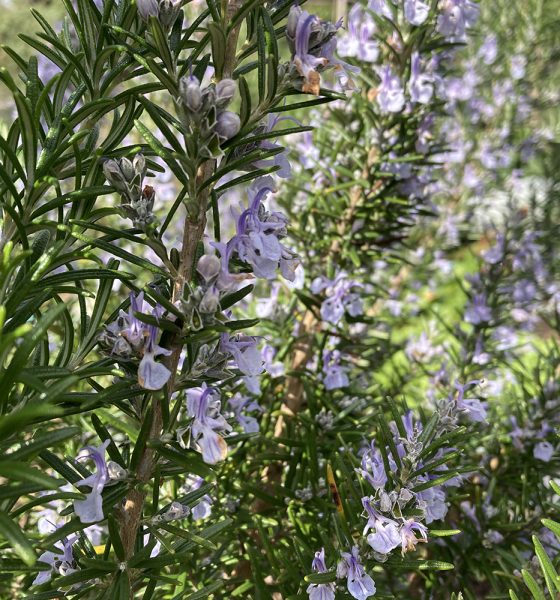
Planting into the ground
You can plant most of our autumn herbs into the ground now – they’ll have a chance to get their roots established before winter weather sets in, and, if they’re perennial, they should then come back nice and strong in early spring. Evergreens like sage, rosemary and thyme won’t die back, but will keep going through winter.
The key to autumn planting is to make sure there is good drainage so that the roots don’t get waterlogged when we have heavy rainfall. If your plot tends to hold water, dig in some grit or multipurpose compost to help before planting.
Best Herbs for Autumn Planting
Here are a few of our top picks for planting at this time of year...

